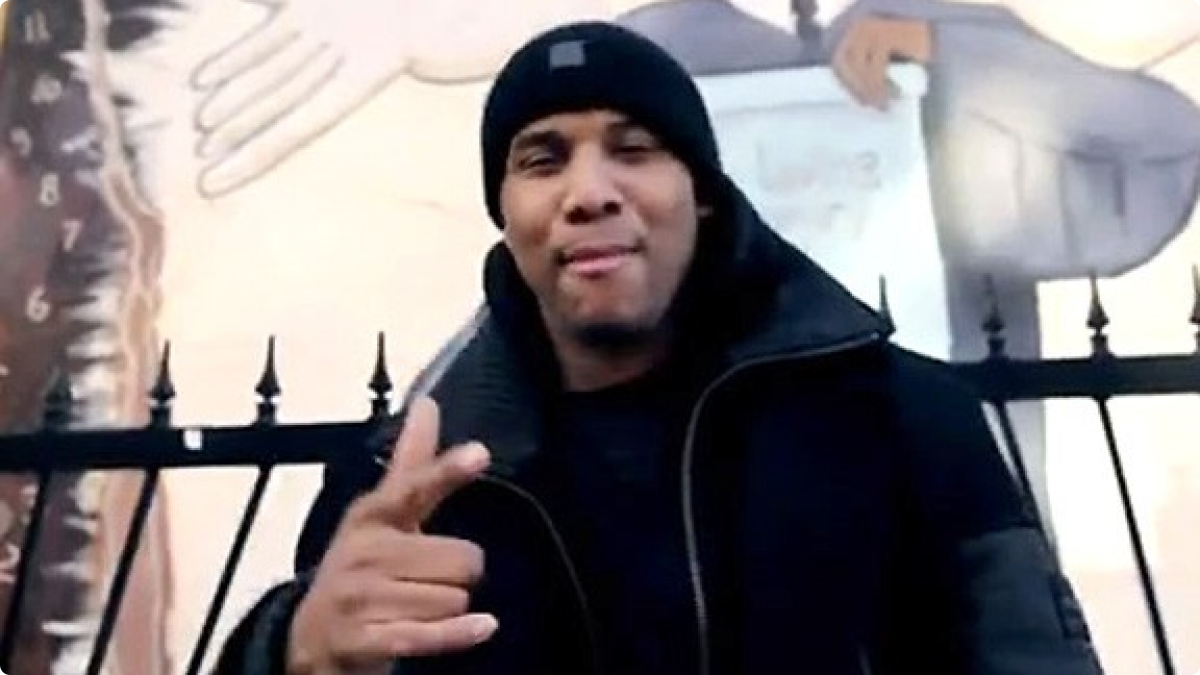A Brooklyn federal district court has convicted Ronald Herron aka Ra Diggs for three murders of drug-related associates. Though murders should be punished to the full severity of the law, the court proceeding featured a worrisome implication for First Amendment Rights.
Herron, a rapper, has previously been acquitted in state court of one of the murders. The New York Times explains how his lyrics regarding these events were being considered an admission of guilt.
Federal prosecutors said he intimidated witnesses so that the state case against him fell apart. They quoted him as saying he “beat a body” and said that was an admission that he had committed the murder and gotten away with it. One of those witnesses said in the federal trial that he was “fearful what would happen to me if I testified.”
Curt proceedings included testimonies from Herron’s fellow gang members, former friends, a rap star named Uncle Murda and a rap/linguistics expert.
And he’s not the only one. Vonte Skinner’s lyrics were used against him as evidence of his involvement in a 2005 shooting:
As expert witnesses who have testified in such cases, we have observed firsthand how prosecutors misrepresent rap music to judges and juries, who rarely understand the genre conventions of gangsta rap or the industry forces that drive aspiring rappers to adopt this style. One common tactic is to present a defendant’s raps as autobiography. Even when defendants use a stage name to signal their creation of a fictional first-person narrator, rap about exploits that are exaggerated to the point of absurdity, and make use of figurative language, prosecutors will insist that the lyrics are effectively rhymed confessions. No other form of fictional expression is exploited this way in the courts.
Today, his case is one of more than three dozen prosecutions in the past two years in which rap lyrics have played prominent roles. The proliferation of cases has alarmed many scholars and defense lawyers, who say that independent of a defendant’s guilt or innocence, the lyrics are being unfairly used to prejudice judges and juries who have little understanding that, for all its glorification of violence, gangsta rappers are often people who have assumed over-the-top and fictional personas.
Herron grew up in Gowanus projects and was involved in violent gang and drug activity from a young age. In prison, he became a serious rapper, and spent time recording and making music when he was out. Music videos of his were shown in court.
According to the AP, the defense argued before the case that Herron’s lyrics should be off limits because of their protection under the First Amendment.
Last year, the American Civil Liberties Union of New Jersey found 18 cases where considered the admissibility of rap as evidence. The lyrics were allowed 80 percent of the time.


